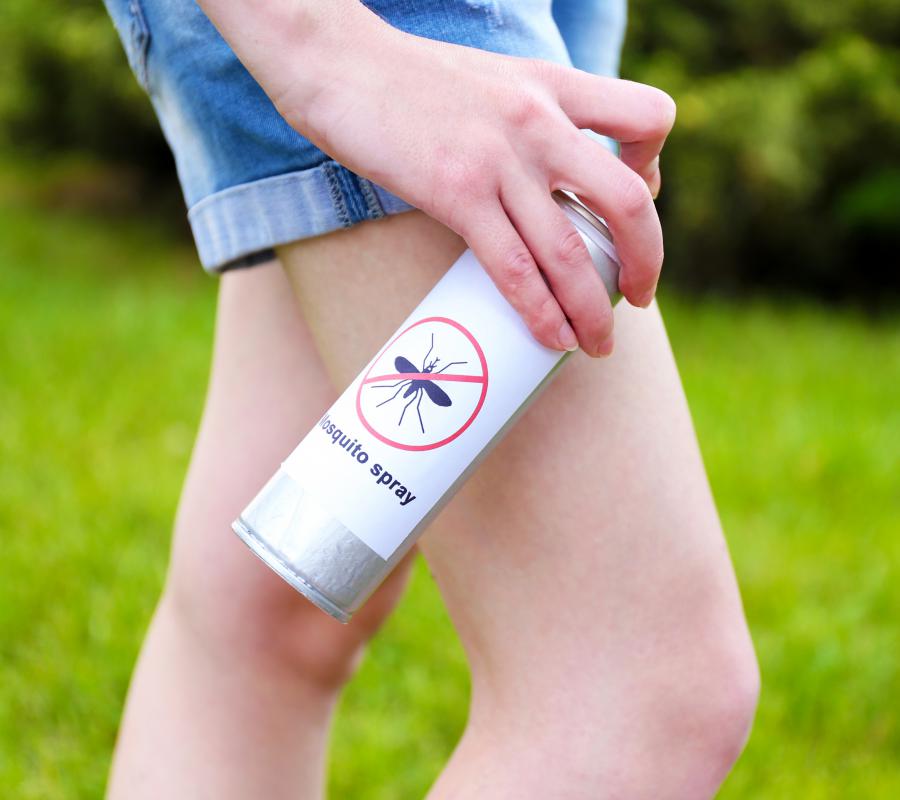At HomeQuestionsAnswered, we're committed to delivering accurate, trustworthy information. Our expert-authored content is rigorously fact-checked and sourced from credible authorities. Discover how we uphold the highest standards in providing you with reliable knowledge.
What Is Citronella Grass?
Citronella grass, Cymbopogon nardus, is a tropical clumping grass best known for its intense citrus-like scent. It is a close relative of culinary lemon grass with similar long, narrow leaves and cane-like stems. Other common names include blue citronella grass, nard grass, and mana grass. Citronella grass originated in southeast Asia but is now grown deliberately, or has naturalized, throughout much of the tropics. It is commercially grown in many areas for extraction of its aromatic oil, and is also planted as a garden or landscape ornamental in warm climates.
The recommended setting for citronella grass is in full sun on well-drained soil of at least average fertility. It is a perennial from U.S. Department of Agriculture (USDA) planting zone 10 south through the tropics. Citronella grass can also be grown as an annual grass where the growing season is both warm enough and long enough. As it grows, the grass forms a clump often as wide as it is tall, and can reach from 5 to 6 feet (1.5 to 1.8 m) in optimal growing conditions. Citronella grass typically requires at least 30 inches (76 cm) of water per year to thrive.

This plant is usually best placed where the intense fragrance of the leaves can be enjoyed. Citronella oil, in high enough concentration, is thought to be a natural insect repellent, and the grass is sometimes described as mosquito repelling grass. Most experts agree, however, that the concentration of the scent near the live grass is not enough to affect insects.

The grass is grown commercially as a source of aromatic oil in many tropical areas including India, Indonesia and central America. It was originally used as mosquito repellent, and some insect repellent citronella products are still made. Much of the insect repellent market, however, has been lost to more effective synthetic products. Current use of the oil is mostly as a scenting agent for inexpensive cleaning products, including detergents and sprays.
Citronella grass has naturalized in many places that have suitable year-round temperatures and sufficient rainfall to sustain growth. It spreads most easily in grasslands and open woodland. In parts of tropical Africa it is considered a weed on pasture land and requires a significant effort to control it. Control is complicated by the practice of burning fields for weed suppression. Studies show that citronella grass easily recovers from annual burning and readily spreads by seed into areas previously covered by other plants.
AS FEATURED ON:
AS FEATURED ON:












Discussion Comments
@burcidi- Yes, citronella grass can be used in cooking since it is a herb and in the same family as lemongrass. In fact, when I was in South Asia last year, lemongrass and citronella grass were used interchangeably. Asians like to use this to flavor meats, seafood and soups for the most part. It was also a popular ingredient in tea along with ginger.
I don't know why but lemongrass is usually preferred over citronella grass in cooking in the West. When we think of citronella in the U.S., we first think of insect repellent, aromatherapy, soap and candles; not food for some reason.
But you should definitely go for that chicken and citronella grass soup! I think it will be delicious!
Can citronella grass be used in cooking just like lemongrass?
I'm renting a place for the summer and I noticed a tall grass growing in one of the pots in the back, along with some other herbs like basil and oregano. I guess the other renters fancy cooking with fresh herbs. I actually do too and one of my favorites is chicken and lemongrass soup. I knew the grass wasn't lemongrass because it is greener and thicker than lemongrass.
Anyway looking at pictures online, I've discovered that it is citronella. I'm intrigued by it and would love to make some soup with it. But can it be used in cooking? I wouldn't want to consume unknown toxins and get sick if it isn't.
I'm glad to know that citronella grass recovers well from fire. I know that in many countries, not intentional, but unintentional fires wipe out a lot of grassland and forests annually.
Thankfully some grasses and trees are very durable and even benefit from fire. I knew that some pine trees are one of them because the fire actually helps the pines open up and spread seeds in the soil. So with time, new pines will start growing in that area.
I'm happy to hear that some grasses, especially citronella grass recovers well after fire. I've seen citronella grass before and it's really a beautiful looking and smelling grass. If it didn't adapt well to new soils and recover after fire, I don't know if it would have maintained itself so well in different parts of the world.
Post your comments